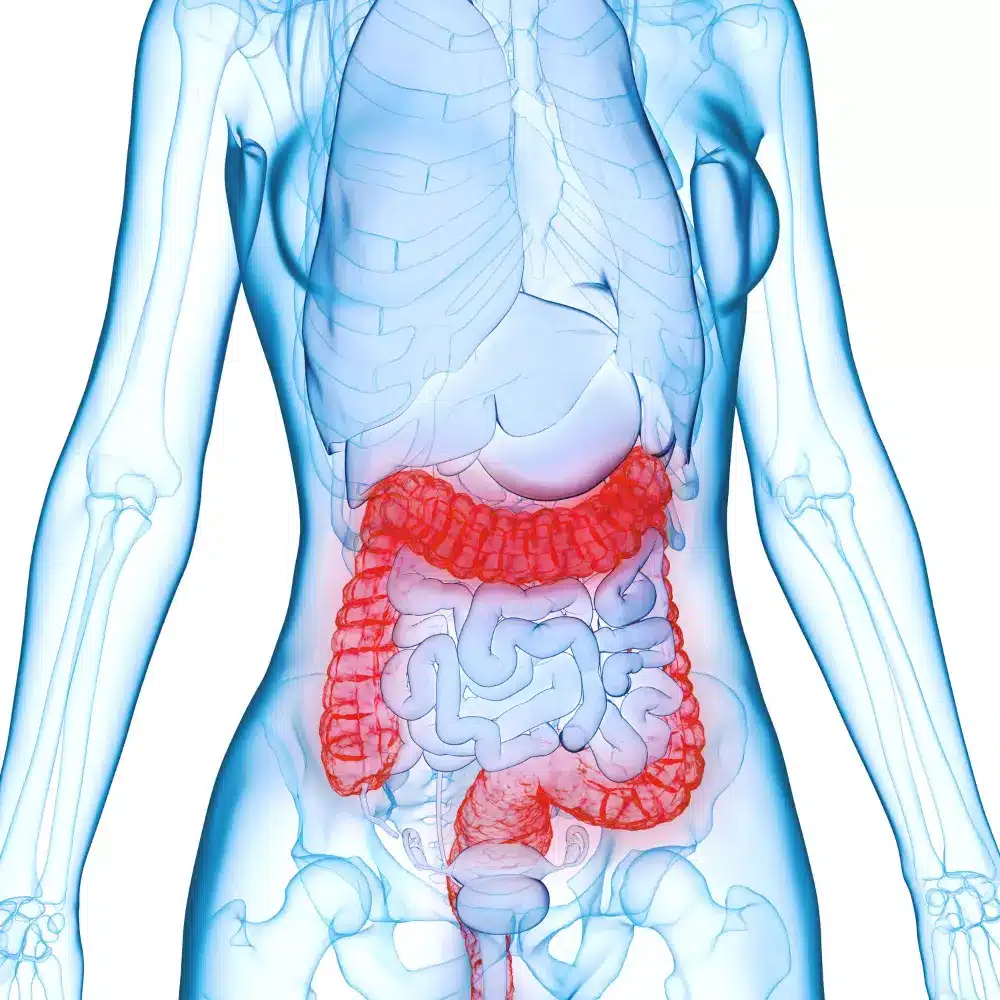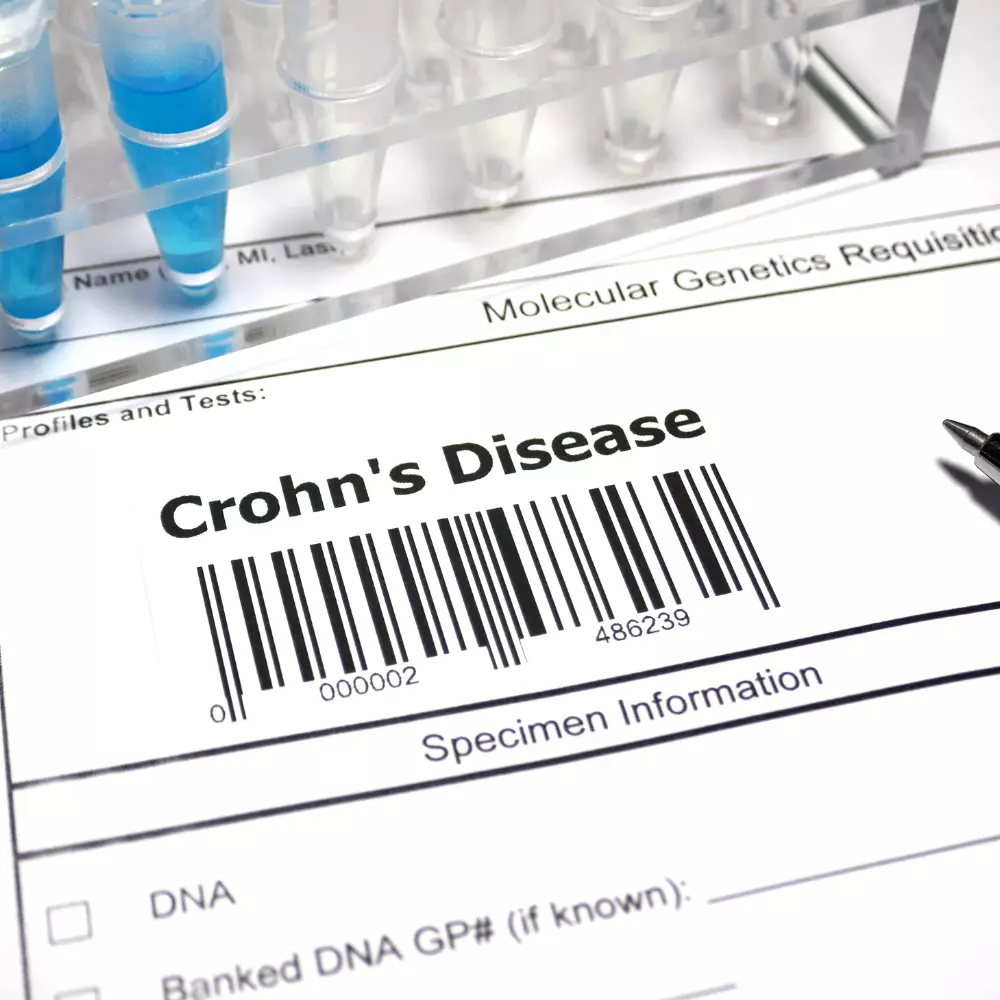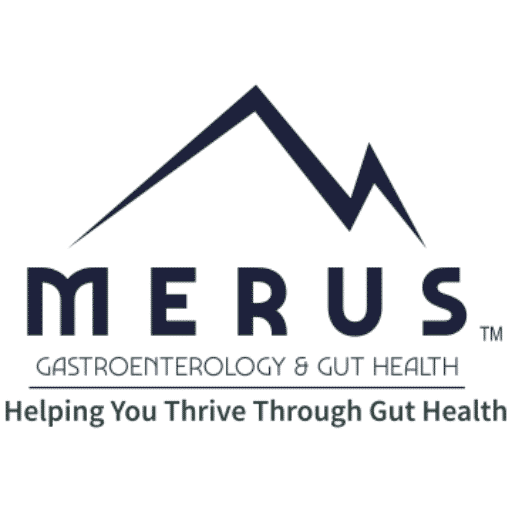Crohn’s disease is a chronic inflammatory condition that affects the gastrointestinal (GI) tract, leading to a range of symptoms, including abdominal pain, diarrhea, weight loss, and fatigue. Managing Crohn’s disease effectively requires a personalized approach that may involve medications, dietary changes, and, in some cases, surgery. At Merus Gastroenterology & Gut Health LLC, our experienced GI specialists in GA are dedicated to providing comprehensive care tailored to each patient’s unique needs.
Understanding Crohn’s Disease
Crohn’s disease is part of a group of conditions known as inflammatory bowel diseases (IBD). It can affect any part of the GI tract, from the mouth to the anus, but most commonly affects the small intestine and the beginning of the large intestine. The exact cause of Crohn’s disease is not fully understood, but it is believed to involve a combination of genetic, environmental, and immune system factors.
Medications for Crohn’s Disease
Medications are often the first line of treatment for managing Crohn’s disease. The goal is to reduce inflammation, manage symptoms, and maintain remission. The type of medication prescribed depends on the severity and location of the disease.
1. Anti-Inflammatory Drugs
Anti-inflammatory drugs, such as aminosalicylates (5-ASAs), are often used to treat mild to moderate cases of Crohn’s disease. These drugs work by reducing inflammation in the lining of the GI tract. Common examples include mesalamine and sulfasalazine.
2. Corticosteroids
Corticosteroids, such as prednisone, are powerful anti-inflammatory drugs that can be used to treat moderate to severe flare-ups of Crohn’s disease. They are typically used for short-term management due to their potential side effects, including weight gain, osteoporosis, and increased risk of infections.
3. Immunosuppressants
Immunosuppressants, such as azathioprine and methotrexate, help reduce the immune system’s activity, which can decrease inflammation in the GI tract. These medications are often used when other treatments have not been effective or when the disease is more severe.
4. Biologics
Biologics are a newer class of drugs that target specific proteins involved in the inflammatory process. Tumor necrosis factor (TNF) inhibitors, such as infliximab and adalimumab, are commonly used biologics for Crohn’s disease. These medications are typically prescribed for moderate to severe cases and can be highly effective in inducing and maintaining remission.
5. Antibiotics
Antibiotics may be used to treat infections that can occur in people with Crohn’s disease or to address complications such as abscesses or fistulas. Metronidazole and ciprofloxacin are commonly prescribed antibiotics for Crohn’s-related infections.
Dietary Management of Crohn’s Disease
Dietary changes play a crucial role in managing Crohn’s disease, especially during flare-ups. While there is no one-size-fits-all diet for Crohn’s disease, certain dietary strategies can help alleviate symptoms and promote overall gut health.
1. Low-Residue Diet
A low-residue diet reduces the amount of fiber and other undigested materials that pass through the GI tract, helping to minimize symptoms like diarrhea and abdominal pain. This diet includes foods like white bread, white rice, eggs, and well-cooked vegetables while avoiding high-fiber foods like whole grains, raw fruits, and vegetables.
2. Elimination Diet
An elimination diet involves removing specific foods from the diet that may trigger symptoms and gradually reintroducing them to identify potential triggers. Common culprits include dairy, gluten, and certain high-fat or spicy foods.
3. Nutritional Supplements
People with Crohn’s disease may have difficulty absorbing certain nutrients, leading to deficiencies in vitamins and minerals like B12, iron, calcium, and vitamin D. Nutritional supplements can help address these deficiencies and support overall health.
4. Hydration
Staying well-hydrated is essential for people with Crohn’s disease, particularly during flare-ups when diarrhea can lead to dehydration. Drinking plenty of water and avoiding caffeinated or sugary drinks can help maintain hydration.
Surgical Options for Crohn’s Disease
Surgery may be necessary for some people with Crohn’s disease, especially if medications and dietary changes are not sufficient to manage the condition. Surgery is typically considered for complications such as strictures (narrowing of the intestine), fistulas, abscesses, or severe, localized inflammation.
1. Resection
A resection involves removing the diseased portion of the intestine and reconnecting the healthy ends. This surgery can help alleviate symptoms and improve quality of life, but it is not a cure, as Crohn’s disease can recur in other areas of the GI tract.
2. Strictureplasty
Strictureplasty is a surgical procedure used to widen narrowed sections of the intestine without removing any part of it. This procedure is often performed when strictures develop due to chronic inflammation.
3. Fistula Surgery
Fistulas are abnormal connections between the intestine and other organs or tissues. Surgery may be needed to remove the fistula and repair the affected area, particularly if the fistula is causing pain, infection, or other complications.
4. Abscess Drainage
Abscesses are pockets of infection that can develop in people with Crohn’s disease. If an abscess does not respond to antibiotics, surgical drainage may be necessary to remove the infected fluid.
Conclusion
Managing Crohn’s disease requires a comprehensive approach that may include medications, dietary changes, and surgery. At Merus Gastroenterology & Gut Health LLC, our skilled GI specialists in GA are committed to providing personalized care for each patient, helping them navigate the complexities of Crohn’s disease and achieve the best possible outcomes.
If you or a loved one is living with Crohn’s disease, it’s essential to work closely with a gastroenterologist who can guide you through the available treatment options and help you develop a management plan tailored to your needs. Contact Merus Gastroenterology & Gut Health LLC today to schedule an appointment with one of our experienced GI specialists in GA and take the first step toward better managing your Crohn’s disease.









